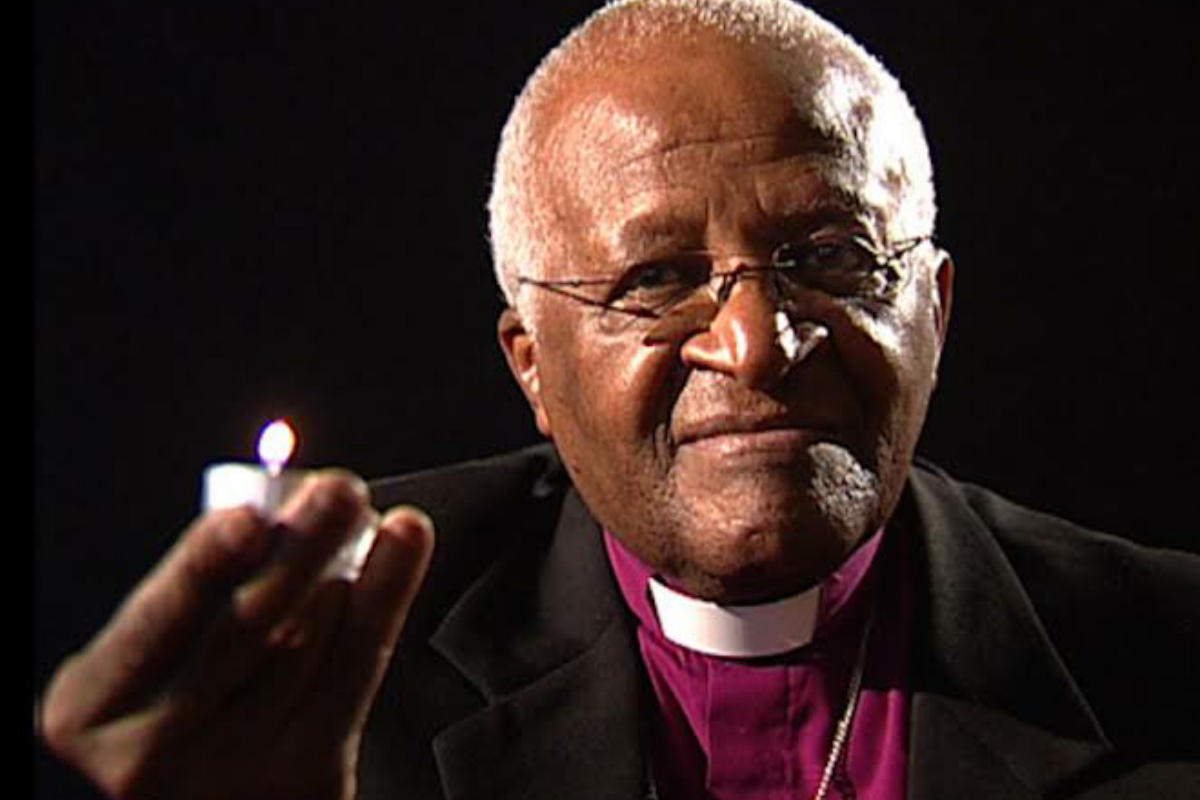The Book of Job is a theological and literary classic of world caliber, which is of interest to many, including those outside the Jewish and Christian communities. It addresses a classic problem that continues to be relevant today: why do the righteous suffer? This question lies at the heart of the debate between two currents of theological thought: theodicy, which seeks to justify God's justice in the reality of suffering, and anti-theodicy, which opposes attempts at theodicy, often by arguing that evil is an unjustified problem and that God is responsible for it.
These two currents are not only alive in the discourse of systematic theology, but are organically present in the narrative structure of the Book of Job. Unfortunately, in the church tradition and popular interpretation, anti-theodicy is often overlooked, even though it is a prophetic voice that defends humanity and fights for justice, especially for those who suffer without fault.
The Book of Job: Structure and Theological Tensions
The Book of Job begins with two prose chapters that present Job as a righteous and blameless man, yet mysteriously allowed by God to experience great suffering. In two heavenly councils, הַשָּׂטָ֖ן —‘ha-satan’ (the challenger) questions the integrity of Job's faith, and God allows a series of calamities to befall him. Job's initial response is one of amazing fortitude (Job 1:21; 2:10), but soon after, in the poetic section (Job 3:41), the story develops into a theological debate between Job and his friends: Eliphaz, Bildad, and Zofar.
Job's friends represent conventional theodicy: suffering is the result of sin; God is just, so sinners must suffer. However, Job rejected this theology. He insists on his innocence and demands God to answer. In this sense, Job represents the voice of anti-theodicy, which refuses to accept that suffering always means divine punishment. Elihu, a new character who appears in chapter 32 & 37, tries to mediate with a seemingly more balanced approach: God is just and human suffering is a didactic means to educate and correct. However, the essence remains within the corridors of theodicy: God cannot be contested.
The turning point occurs in chapter 38 & 41 when God himself appears out of the storm. God does not answer Job's question directly, but rather delivers a rhetoric about the mystery of creation and human limitations. He shows that there are dimensions of reality that transcend rational understanding.
Job 42:6 is the key to interpreting the climax of this narrative:
“Therefore I retract my words and regret that I sit in dust and ashes.However, this verse opens up a variety of possible meanings, including:
- I hated myself and regretted...
- I retract my words and regret...
- I reject dust and ashes...
- I retract my words and change my view regarding dust and ashes...
- I retract my words, and I am comforted with regard to dust and ashes...
OT scholar James Crenshaw prefers the 3rd interpretation: Job refuses to sit in ashes and dust, a symbol of mourning and confession of guilt, because he is not a sinner. After a direct encounter with God (Job 42:5), Job realized that his suffering was not the result of sin, and God validated his defense.
Theodicy, Anti-Theodicy, and Ethical Reflection
According to Robert Davidson, an Old Testament scholar from Scotland, the Book of Job reveals the failure of the Deuteronomistic formula (righteous = blessing; wicked = curse). In reality, the righteous can suffer, and the wicked can prosper. The proper theological response, then, is not the rationalization of suffering, but the recognition of "the silence of God" and "the mystery of the Divine that is beyond the reach of human reason."
Donald Capps, in his pastoral perspective, offers a reframing approach that "reinterprets suffering from a new, completely reversed perspective. However, Crenshaw, in the constancy of Job's narrative, asserts that "Job's protest is justified" by God. God was not angry with Job, but with his friends who misrepresented divine justice (Job 42:7).
The book of Job teaches that in the face of the suffering of the righteous, churches and faith communities must not rely on theodicy narratives that silence the voice of the victim. Instead, it takes courage to listen and acknowledge the reality of injustice in the light of faith.
Quote:
Counselors also need to be open that the counselee can suffer but not be guilty. If the counselee has malignant cancer, do not be invited to confess, but be encouraged and comforted, asking for the presence of Christ, the innocent One.
If the counselee is a wife who is beaten badly by her drunken husband, do not blame the wife for not knowing how to serve her husband, but be encouraged to report the husband to the police for violating the domestic violence law. If someone is punished for being politically different from the ruler, the counselor should not defend the ruler, but defend the punished person. The book of Job teaches us that God is all-powerful, we are creatures, but precisely because of that do not blame the victim (do not blame the victim, blame the perpetrator). Many readers of the book of Job sympathize with Job's three friends and Elihu, because their arguments are familiar. But be careful, they may also be exposed to Job's spray above, that is, they have become "damn comforters" (Rev. Prof. E. Gerrit Singgih, Ph. D.).
Let's see more at this link

























